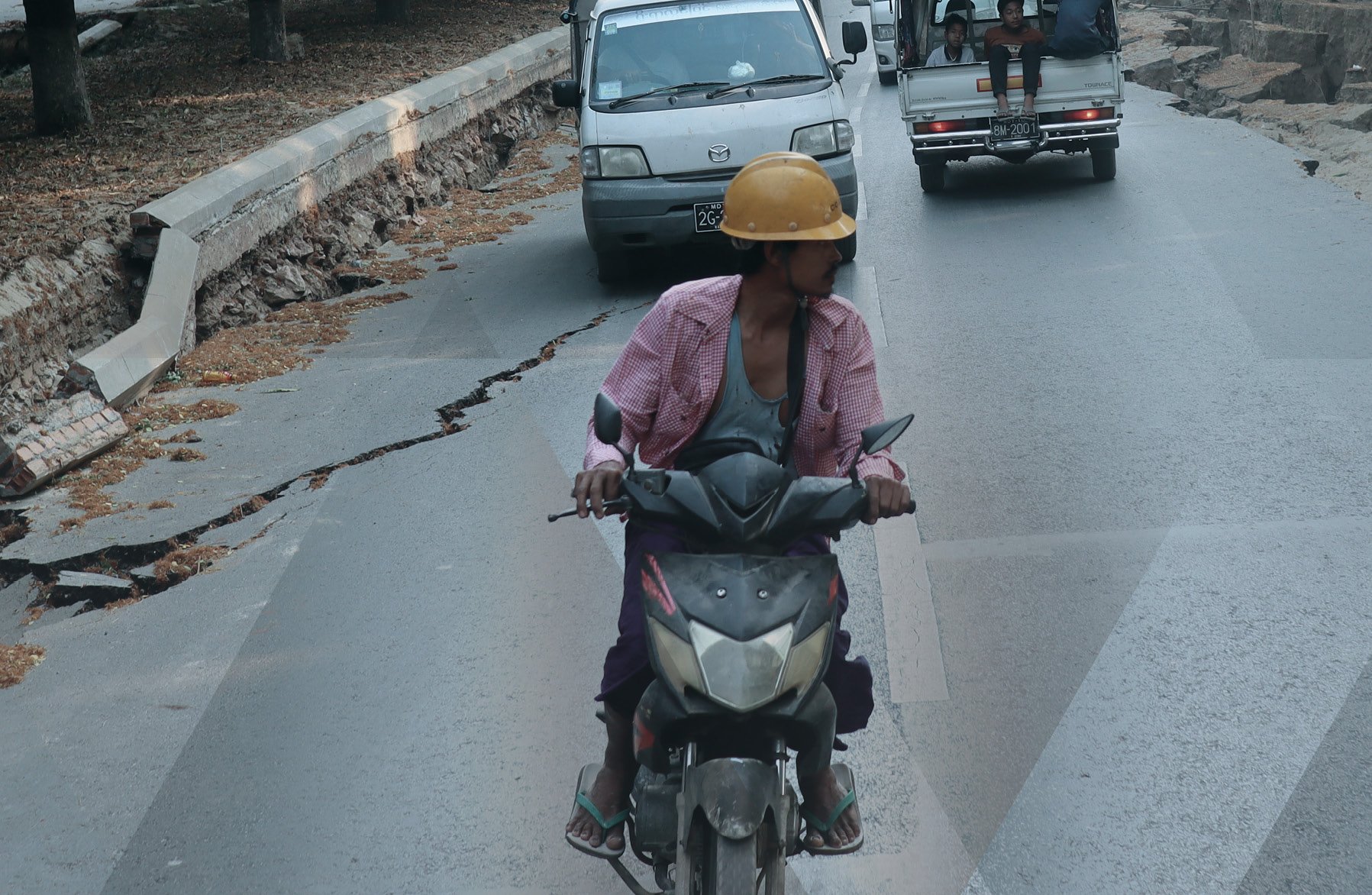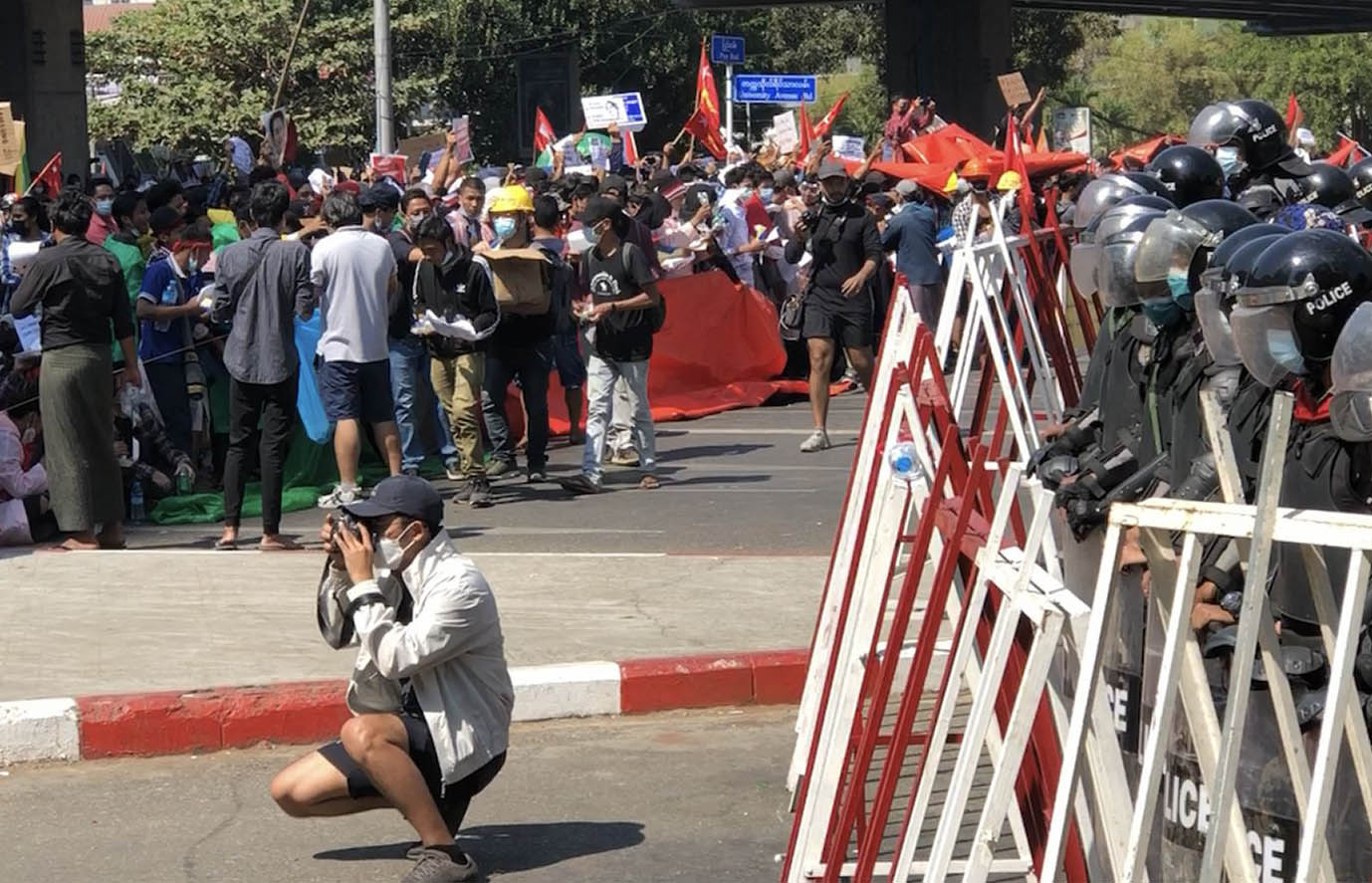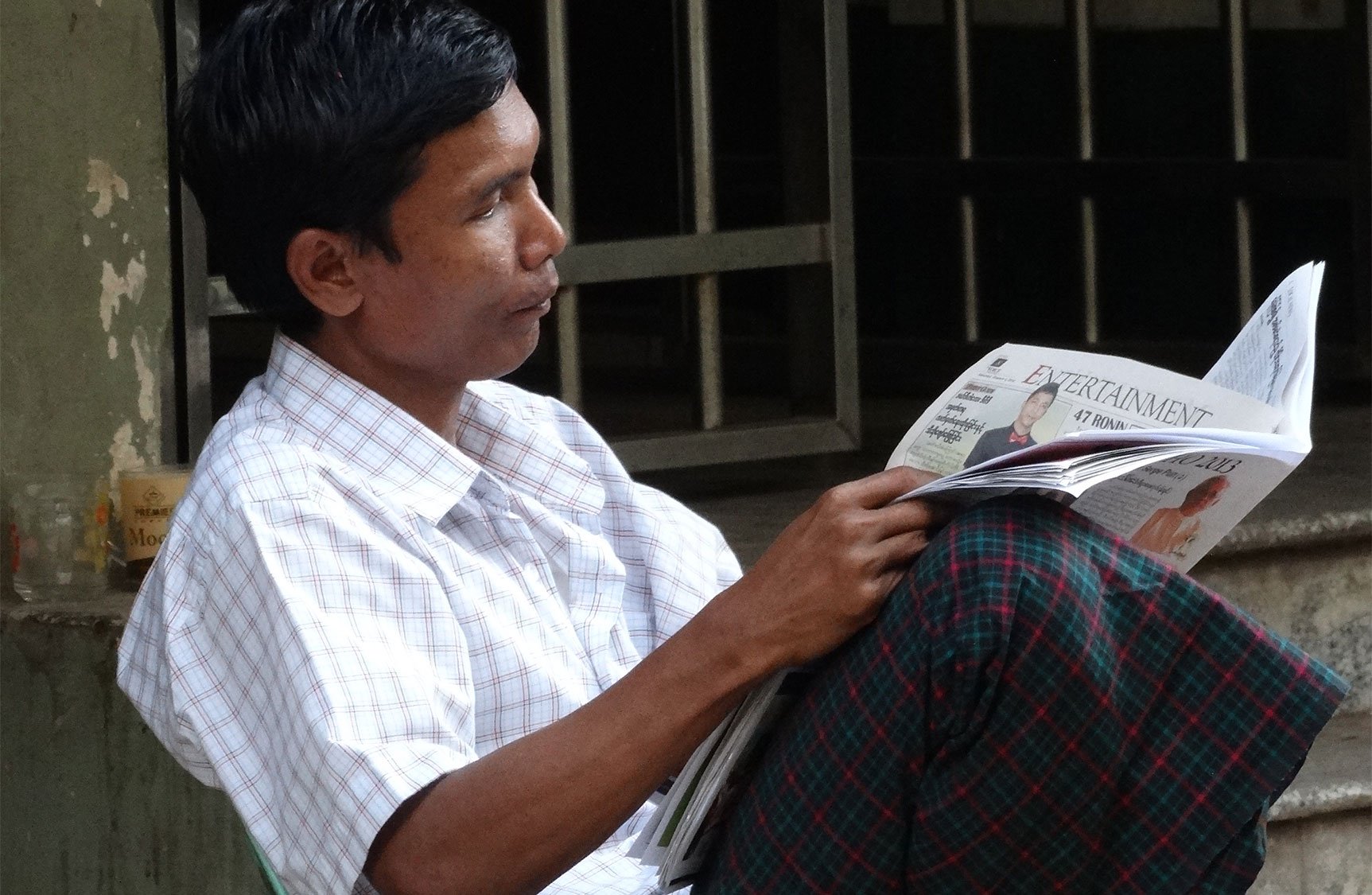
Civic Aftershock: How Restricting Civil Society Obstructed Myanmar’s Earthquake Response
Published: September 2025
The devastating earthquake that struck Myanmar on March 28, 2025 was a profound human tragedy. But its impact was deepened by actions by the Myanmar military that severely hindered civil society’s ability to engage in relief efforts.
This report documents how the military’s response intensified restrictions on civic freedoms. The de facto authorities used the humanitarian crisis to reinforce existing controls over civil society, violating fundamental rights protected under international law, with lethal consequences. This strategy functioned to prevent the re-emergence of independent civil society, while directing humanitarian aid toward the military’s interests.
What Tactics Did the Military Use?
The report finds that the military’s suppression of civil society included weaponizing laws against aid providers, paralyzing the movement of aid, imposing information blackouts, and discriminating against vulnerable groups. Documented measures include:
- Use of the Organization Registration Law (2022), which criminalizes unregistered associations, to create a hostile legal environment for civil society.
- Introduction of an arbitrary permission system for emergency aid, which obstructed and co-opted independent relief efforts.
- Blocking civil society access to affected populations through checkpoints, restrictive travel permits, and curfews.
- Implementation of an information blackout by controlling digital communications, banning independent media, repressing journalists, and disseminating official narratives.
- Subjecting civil society workers and volunteers with arrest, intimidation, or politically motivated charges, creating a climate of fear that undermined independent relief efforts.
How Should the International Community Respond?
Despite these restrictions, informal, local, and unregistered civil society organized together to deliver life-saving aid, demonstrating profound resilience.
Going forward, the international community should recognize that the military remains a primary obstacle to a rights-respecting civil society response to natural disasters. Stakeholders should consider directly funding informal civil society networks on the ground. This requires creating flexible, rapid, and trust-based funding mechanisms.
Consistent international pressure should be maintained to demand unimpeded civil society access and the repeal of the Organization Registration Law and other restrictive laws, while also investing in the long-term security and resilience of local civil society.
Related Articles
Sign up for our newsletters
Sign up

